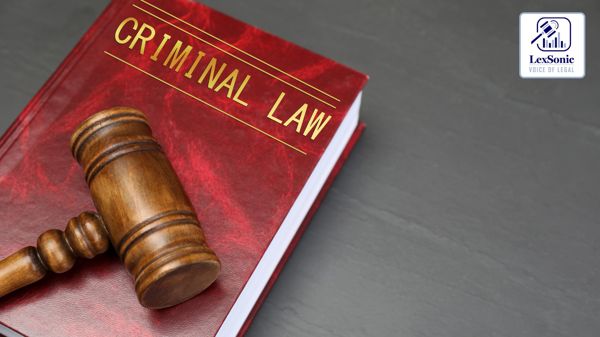Bombay High Court Upholds Detention Order, Citing Public Safety Concerns.
01 August 2024
Criminal Appeals & Suspension of Sentence >> Criminal Law
In the case of Pravin Auto Sonu Gopal Ingle v/s State of Maharashtra & Others., before the Bombay High Court, the petitioner challenged his detention order dated October 3, 2023, passed by the detaining authority and subsequently confirmed by the State Government on October 11, 2023. The petitioner argued that the detention order was flawed, asserting that the detaining authority failed to apply its mind properly and neglected the statutory procedure. The petition raised concerns over the verification of in-camera witness statements and claimed that the public order had not been disturbed, as alleged in the grounds of detention.
Grounds of Detention:
The detention order was based on two offences: Crime No. 0403/2023 under Sections 4/25 of the Arms Act and Crime No. 0351/2023 under Sections 324, 504, and 506 read with Section 34 of the Indian Penal Code (IPC). The petitioner contended that both cases were still under investigation, and in one, he was released on anticipatory bail, while in the other, he had been granted a notice of appearance. The petitioner further emphasized that these were merely instances of law and order issues, rather than a disturbance of public order, which would justify detention under preventive laws.

Legal Arguments and Contentions:
The petitioner’s counsel argued that the detaining authority had failed to consider key facts, such as the release of the petitioner in both cases. Additionally, it was claimed that the authority had not properly verified the in-camera witness statements, undermining the legal validity of the detention. The petitioner’s counsel also pointed out that the State Government’s approval of the detention order was a mere formality, lacking sufficient reasoning or a speaking order, which is a requirement under the law.
In response, the learned Advocate for the State Government argued that the detention order was justified. The petitioner’s involvement in both offences, which were under investigation, and his ongoing criminal activities despite preventive actions, formed the basis for the detention. The counsel emphasized that the petitioner’s actions—carrying a sword in a public place and attacking the complainant in a public setting—posed a significant threat to public order and safety. Thus, the petitioner’s detention was deemed necessary to prevent further criminal activities and safeguard public order.
Examination of the Case Facts:
The first offence (Crime No. 0403/2023) involved the petitioner being caught in public with a sword, spreading terror among the public. The police received information about the petitioner’s movements and apprehended him while he was carrying the weapon. Despite this, the petitioner was released after appearing in court. In the second offence (Crime No. 0351/2023), the petitioner allegedly attacked a complainant at a public location using a beer bottle and threatened him, leading to injury. The petitioner was released on anticipatory bail in this case.
Witnesses “A” and “B” provided in-camera statements supporting the allegations of threats and public disturbances, strengthening the case that the petitioner’s actions were not merely isolated criminal activities but part of a larger pattern of behavior that threatened public order.
Detention Order Approval:
The petitioner’s counsel criticized the approval process of the detention order, claiming that it lacked detailed reasoning. However, the court found that the State Government had approved the detention order in accordance with the law, and there was no requirement for a separate, detailed reasoning in the approval process. The detaining authority had verified the in-camera statements, and the subjective satisfaction of the authority had been duly recorded.
Court’s Findings and Conclusion:
The court considered the detailed grounds of detention and the well-reasoned order passed by the detaining authority, which was later approved by the State Government. The court ruled that the petitioner’s actions were indeed a disturbance to public order and not just a law and order issue. The court emphasized the need for preventive action in such cases to maintain public safety and prevent further criminal activities. The detention order was also supported by the Advisory Board’s opinion, following a hearing of the petitioner and his advocate.
In conclusion, the court held that the detention order was valid, and the petitioner’s constitutional rights had been sufficiently safeguarded. The petition was dismissed, and the detention order was upheld, affirming the need to address public safety concerns effectively.
Outcome:
The Bombay High Court dismissed the criminal writ petition and discharged the rule, upholding the detention order as legally sound.
Section 34., Indian Penal Code - 1860
Section 324., Indian Penal Code - 1860
Section 504., Indian Penal Code - 1860
Section 506., Indian Penal Code - 1860
